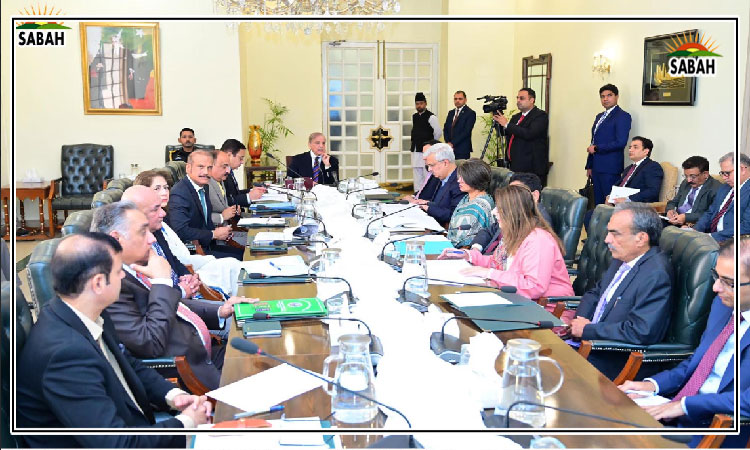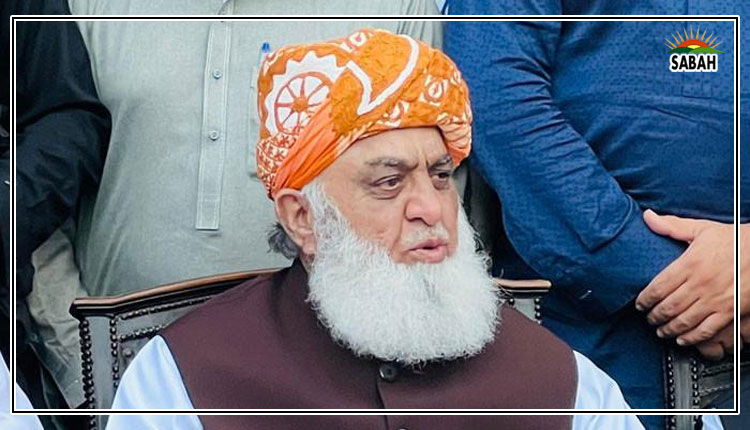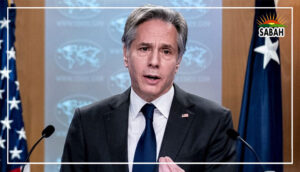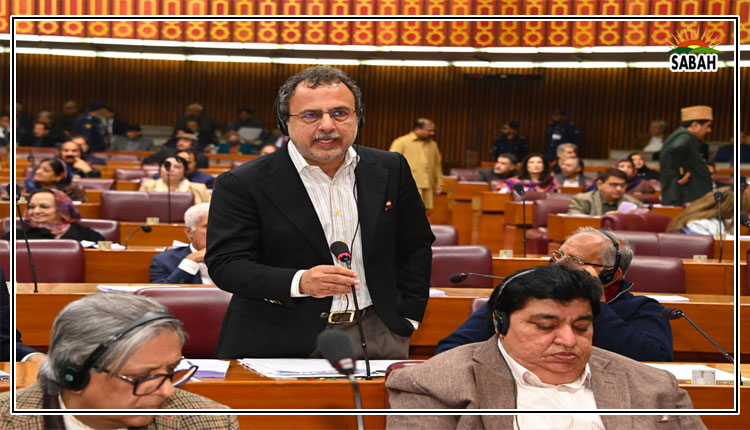True balance is imbalance: our relations with US and China… Ahmer Shahzad
Against growing urge on balancing relations with the US and China, Pakistan appears to have fewer options in finetuning the right balance in the emerging world order, given its economic vulnerabilities and security imperatives. The world is fast transcending to multipolar order, necessitated to accommodate emerging powers including China, Brazil, India, etc. In the new equation, the US still remains the superpower with China as challenging rival, and Russia fast loosing primacy.
Evolving world order is facing challenges where emerging powers, mainly China, is discontented with the space the incumbent superpower, the US, is willing to cede. US National Defence Strategy of 2022 declared China as Consequential Strategic Competitor and Pacing Challenge, rather an adversary. The US continues to confront China through its own set of policies and collaboration with the countries that share American ambition of limiting Chinas influence. China, while retaining trajectory to rise, remains engaged with a number of alliances for expanding strategic clout as facilitated by the economic sway. This has strengthened multilateralism in the emerging world, realised in the shape of regional security alliances and economic grouping.
In contrast to China which has heavily invested in geo-economics, the US is deeply entrenched in bloc politics to delay Chinas rise. The US challenges China in five key areas: control over the Indo-Pacific rim; trade and the economy; Chinas quest for alternative technical standards; pursuit of technological dominance; and Chinese military advancement. The US remains apprehensive of the mounting Chinese influence in Africa and the Middle East. The recent Saudi-Iran rapprochement through Chinas brokering reflects geopolitical shift in the gulf where the US has long been dominant.
For realising American ambition of containing China, Indo-Pacific Strategy is the most institutionalised effort through military posturing and regional political and military alliances including AUKUS & QSD in the garb of Free Navigation and territorial disputes. Chinas pacing economy is dependent upon oil supplies from Africa and the Middle East through the Straits of Malacca and South China Sea. Choking these supplies and 39% of Chinas total trade at these bottlenecks can stall its roaring economy. Recognising Indian potential of factoring in at this strategic bottleneck due to its massive naval force, it has been assigned Net Security Provider role from West Indian Ocean to the South China Sea, much to the detriment of security of neighboring countries.
As one of the strategic counters, BRI, of which CPEC is a part, helps China in diversifying energy and trade routes amidst South China Sea imperatives. Chinese presence at the Gwadar seaport and CPEC irked the US. Pakistans independent posturing on Ukraine and humiliating US retreat from Afghanistan have added much to Washingtons alienation, resulting in estrangement. While India is not envisaged to militarily confront China, it would certainly figure as a monster for the neighbouring countries, undermining regional stability, causing Pakistan to further gravitate towards China. In a nutshell, Pakistan-US ties suffered from the strategic rivalry of the two global powers in the Indo Pacific region and elsewhere, in that, Pakistan incurred the cost far more than what is generally realised.
A countrys policies generally hinge upon national objectives, economic and security imperatives, geostrategic location, engagement with various global power and economic centres, human resource development, etc. India is able to articulate independent and proactive policies owing to its thriving economy, institutional strengths, strong military, value-added tech exports, and highly educated and vibrant diaspora around the world.
Pakistan which has credible military power and which sits at the crossroads of regions of geostrategic significance faces dilemmas in policy options, because of its crumbling economy, instable western and hostile eastern borders, energy dependency, receding natural resources including water, implosive population bulge, unemployment and a disunited diaspora. All this is compounded by enduring political instability, militancy, misgovernance, lack of rule of law, faulty taxation system and haunting circular debt.
As Pakistan gravitates towards China, the US would continue to be a consequential factor. It is the biggest market for Pakistans exports, and a sizeable source of remittances. Pakistans dependence on the US-sponsored IMF, World & Asia Banks remains a reality. There exists potential of expanding power sector and education reforms through US investment. It is the most favourite destination of educated Pakistani youth. Our diaspora in the US could be consequential in countering anti-Pakistan rhetoric in the policymaking power hubs, where Indians are well entrenched. Despite the receding support, the US still remains important in maintenance of defence capabilities of Pakistan.
Equally precarious is the US appeasement of India through coercive policies against Pakistan employing FATF and the IMF; supporting India in political discourse and anti-Pakistan resolutions in the UN while turning blind eye to Indian state terrorism in Balochistan, subjugation of Kashmiris, Hindutva-led atrocities against Muslims all over in India. Also the US remains oblivious of Pakistans security predicaments, a consequence of Indias unabated arms buildup.
As the US is blinded by the Indo-Pacific strategy dictates, Chinas support becomes critical for Pakistan. CPEC is a promising enabler in the economic revival, through sizeable investment in infrastructure development and energy projects. It has the potential of reinvigorating our otherwise stagnated agricultural and industrial sectors. China is a new destination of Pakistani youth and professionals seeking high-end education. Its military and technological support is essential in maintenance of desired defence capabilities. Above all, Chinas unswerving support to Pakistan remains unmatched.
Thus for Pakistan, true balancing in the relationship with the global powers may not be an option, suggesting imbalance in favour of China. Even to retain this imbalance to Pakistans advantage, fostering of stronger relations with the US is unavoidable through convergence on vital issues and managing economic vulnerabilities. This would render Pakistan stronger in the overall global spectrum. At the same time, to retain useful and lasting bondage with China, Pakistans economic independence is a must. As China is a rising power with her ambitions and priorities based on cold calculations, for Pakistan to tag along with economic insolvency may overtest time-tested brotherhood.
Courtesy The Express Tribune












